Adjust the text size as needed by clicking the buttons below.
Adjust the visual style of the site by selecting the one that suits you best from the choices available below:
Adjust the text size as needed by clicking the buttons below.
Adjust the visual style of the site by selecting the one that suits you best from the choices available below:
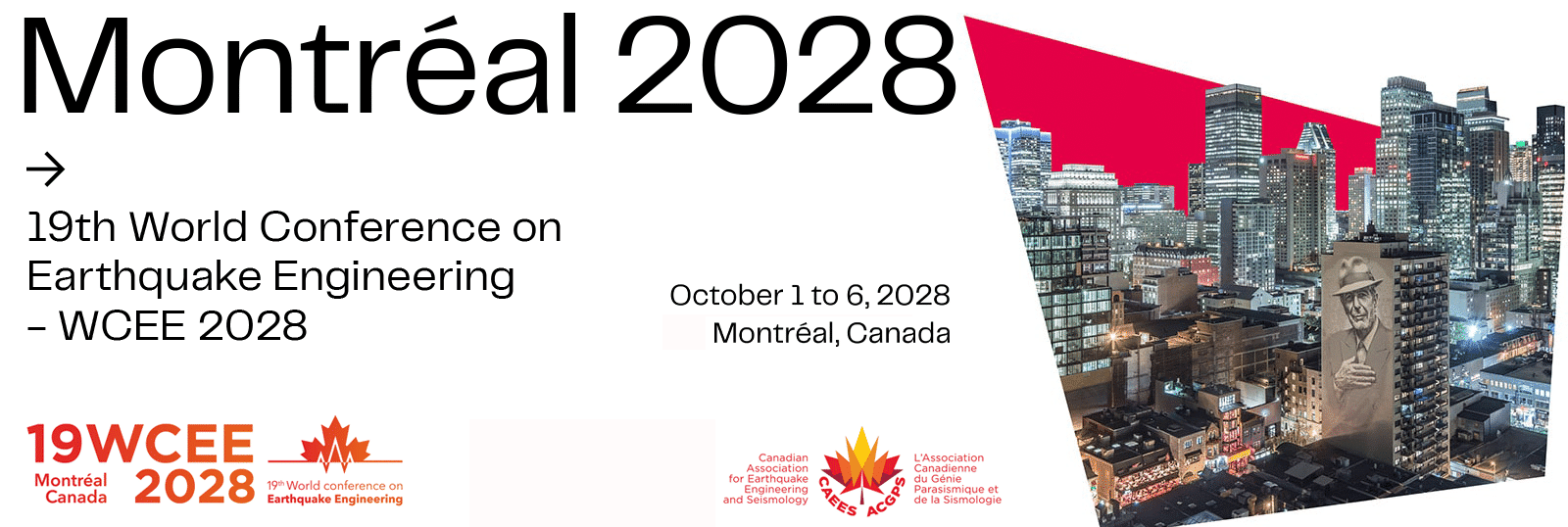
The Canadian Association for Earthquake Engineering and Seismology (CAEES), led by its President, Ms. Sharlie Huffman, P.Eng. (Retired), alongside the co-chairs of the Bid Organizing Committee (BOC), Marie-José Nollet, Eng., Ph.D., and Carlos. E. Ventura, P.Eng., Ph.D., and all members of the BOC, express their great enthusiasm and keen interest to host the 19th World Conference on Earthquake Engineering (WCEE) in Montréal, Canada, from October 1 to 6, 2028.
Aligned with our theme “COLLABORATE, LEARN, INNOVATE, and IMPLEMENT: Building a Safer and More Resilient World TOGETHER”, our main objective for this conference is to create unique conditions for dialogue and collaboration among all participants, including researchers, students, practitioners, public safety stakeholders, and government decision-makers, to work together to improve seismic resilience across the world.
PROPOSED CO-CHAIRS OF THE 19WCEE
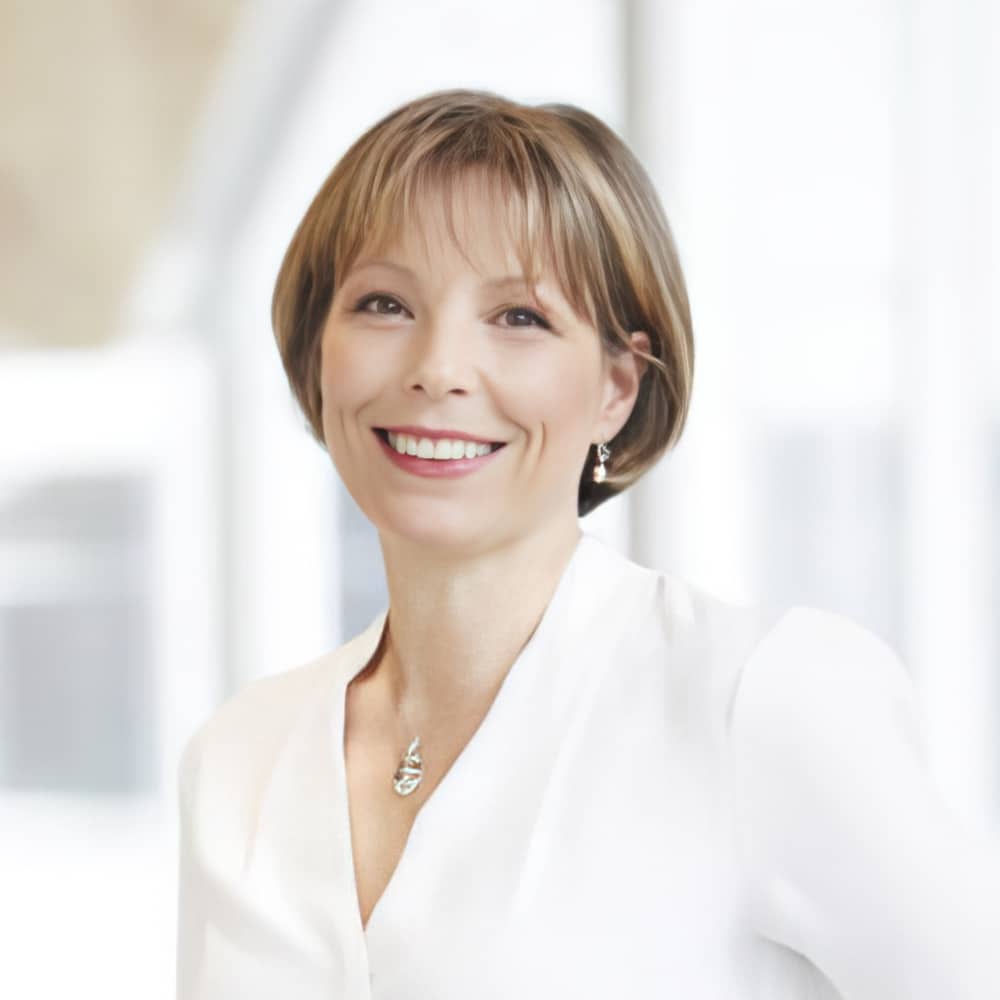
Marie-Josée Nollet, Eng., Ph.D.
Professor – École de Technologies Supérieur
Montréal, Québec
Dr. Marie-José Nollet holds a bachelor’s degree in civil engineering from Université Laval, in Québec, and a Ph.D. in structural engineering from McGill University. After 4 years of professional practice in Hydro-Québec, she joined the Department of Construction Engineering at ETS in 1995 where and is currently Dean. Still active in research, she has supervised nearly one hundred students since 1995 and published nearly 150 reports, journal and conference papers. Her contributions include tools for the seismic vulnerability and risk assessment of structures in urban environment, i.e. building inventories for vulnerability analysis, loss assessment functions and damage prediction models for buildings and bridges. Dr. Nollet has been working on experimental and seismic risk assessment of unreinforced masonry residential buildings and heritage structures, such as churches, for more than twenty years. Over the years she has developed multiple collaborations in academia in Canada, Italy and Switzerland and with different partners at the municipal, provincial and federal government levels, and thereby, contributing to the knowledge transfer in seismic risk.
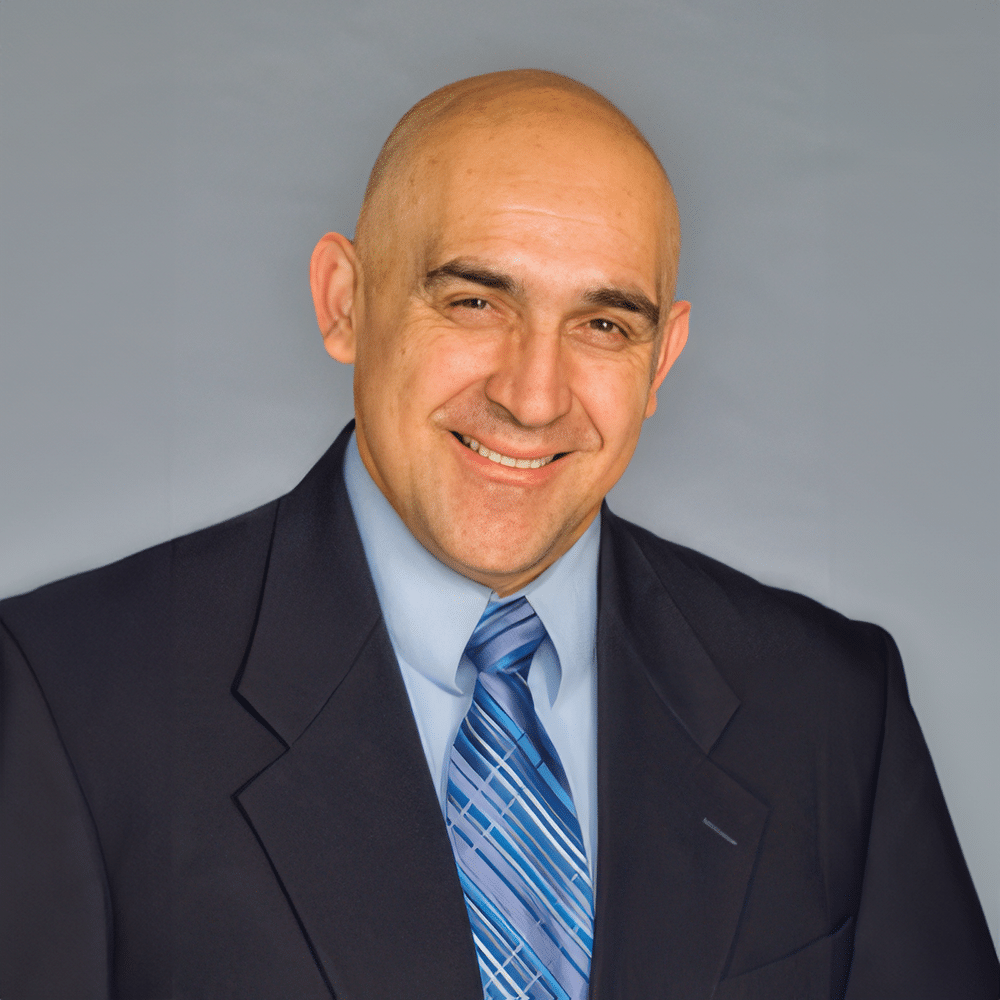
Carlos Ventura, P.Eng., Ph.D.
Professor – University of British Columbia
Vancouver, British Columbia
Dr. Carlos Ventura, a Civil Engineer specializing in structural dynamics and earthquake engineering, has been a faculty member at the University of British Columbia (UBC) since 1992. Currently serving as the Director of the Earthquake Engineering Research Facility (EERF) at UBC, he has authored over 650 papers and reports on earthquake engineering, structural dynamics, and modal testing over his thirty-five-year career. Notable contributions include pioneering performance-based design methods for seismic retrofitting of school buildings (SRG Project), a seismic structural health monitoring program for bridges in BC (BCSIMS project), and implementing the first network-based earthquake early warning system for schools and public institutions in BC. Dr. Ventura’s work has significantly advanced seismic risk reduction efforts in BC, through his involvement in field testing and instrumentation for seismic monitoring of over one hundred buildings, bridges, and dams across multiple countries. Beyond academia, Dr. Ventura is a renowned international consultant on structural vibrations and safety of large civil engineering structures.

Shahria Alam, P.Eng., Ph.D.
Professor
University of British Columbia (UBC)
Biography
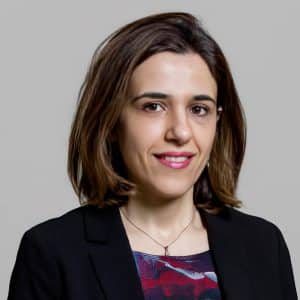
Rola Assi, Eng., Ph.D.
Professor
École de Technologie Supérieure (ÉTS)
Biography
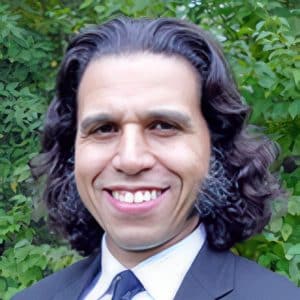
Najib Bouaanani, Eng., Ph.D.
Professor
Polytechnique Montréal
Biography
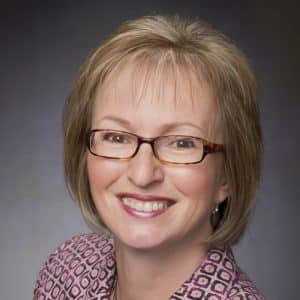
Svetlana Brzev, P.Eng., Ph.D.
Professor
University of British Columbia (UBC)
Biography

Pampa Dey, Eng., Ph.D.
Professor
Université Laval
Biography
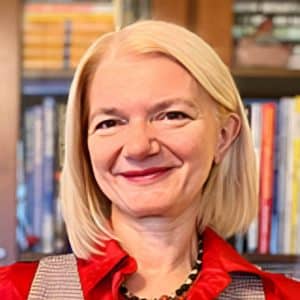
Sanda Koboevic, Eng., Ph.D
Professor, BOC Coordinator
Polytechnique Montréal
Biography
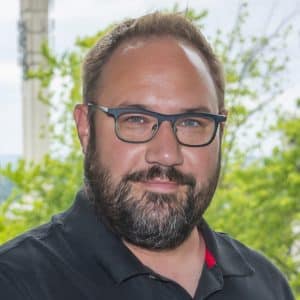
Charles-Philippe Lamarche, Eng., Ph.D.
Professor
Université de Sherbrooke
Biography
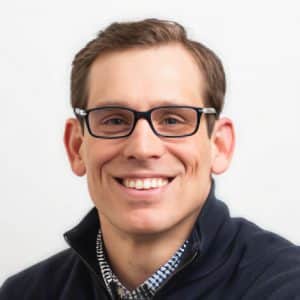
Daniele Malomo, Eng., Ph.D.
Professor
McGill University
Biography
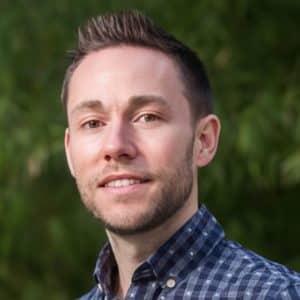
Carlos Molina Hutt, P.Eng., Ph.D.
Professor
University of British Columbia (UBC)
Biography

Nathalie Roy, Eng., Ph.D.
Professor
Université de Sherbrooke
Biography
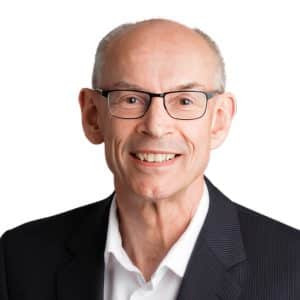
John Sherstobitoff, P.Eng.
Principal
Ausenco
Biography
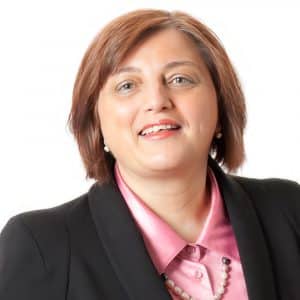
Lucia Tirca, Eng., Ph.D.
Professor
Concordia University
Biography
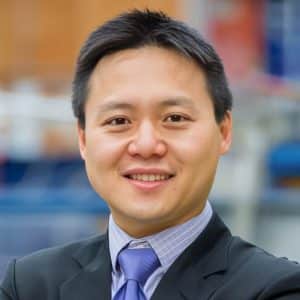
Tony Yang, P.Eng., Ph.D.
Professor
University of British Columbia (UBC)
Biography
Canada is a vast country with complex seismicity. With crustal, in-slab and interface earthquakes in western Canada along with intraplate earthquakes in Eastern Canada, our country is a unique seismic laboratory. Oral traditions of First Nations peoples and early settlers’ writings provide invaluable insights into our seismic past. The first recorded Canadian earthquake struck in 1663 in Québec’s Charlevoix–Kamouraska region, with a magnitude estimated at M7.3. The most destructive earthquake in Canadian history was a massive M9 ‘megathrust’ quake originating from the Cascadia subduction zone in 1700. First Nations Peoples’ accounts describe landslides, house collapses, and village destruction near present-day Pachena Bay on Vancouver Island. Important earthquakes in more recent history include the 1949 M8.1 Haida Gwaii earthquake in British Columbia and the 1988 M5.9 Saguenay earthquake in Québec.
Canadian engineers and researchers from coast-to-coast have developed cutting-edge knowledge and expertise in the field of earthquake engineering and seismic risk mitigation. One of the successful initiatives is school seismic mitigation program underway in British Columbia, one of the most comprehensive initiatives of its kind in the world. Our experts have contributed to developing Canadian seismic design provisions, among the world’s most advanced, and provided valuable input for international seismic design standards. With universities strong in innovation, world-calibre laboratories, and extensive national and international collaborations, Canada excels in training specialist in earthquake engineering and knowledge transfer.
Montréal is situated in a moderate seismic zone, but its aging infrastructure and high exposure significantly elevate the seismic risk. It ranks as the second city with the highest seismic risk in Canada, just after Vancouver. A vibrant community comprising university researchers, practitioners, and emergency-preparedness stakeholders has made significant efforts over the last decades to assess and mitigate vulnerability and seismic risk.
With its welcoming multicultural environment and linguistic diversity, Montréal embodies Canada’s inclusivity. The International Trudeau Airport (YUL) offers connections to over 150 air routes, and by 2027, the new REM system will provide rapid transit to downtown. Montréal has been consistently ranked as the premier host city in North America for international conferences by renowned organizations such as the ICCA and the UIA over the past decade.
Montréal is safe, vibrant, and stylish city, renown for its rich culture, history, avant-garde character and its distinctive Euro-American flair. In the fall, the city dazzles with vibrant colors.
The conference venue, Palais des congrès, located in the heart of the city, offers world-class facilities and is directly connected to the subway system. It is one of the first convention centres in the Americas to be fully carbon neutral. Its proximity to Old Montréal, a destination of choice for international tourists, is an additional asset.
Affordable accommodations, suited to all budgets, are available within walking distance or easily accessible by subway.
With its friendly people and open-hearted embrace of visitors from all corners of the globe, Montréal sets the perfect stage for fostering collaboration and creating lasting memories at the 19th World Conference on Earthquake Engineering.

The Canadian Association for Earthquake Engineering and Seismology (CAEES) is a national, non-profit, technical society whose membership is open to all interested engineers, geoscientists, architects, researchers, educators, designers, planners, economists, social scientists, public officials, government and building code officials. CAEES is an independent but interdisciplinary organization that seeks cooperation with other national technical and professional societies, as well as other counterpart associations across the world. CAEES is the national organization representing Canada in the International Association for Earthquake Engineering, the world’s parent body of the national associations of its member countries. As of April 2024, CAEES counts over 650 active members.
The proposed theme of the conference is “COLLABORATE, LEARN, INNOVATE, and IMPLEMENT: Building a Safer and More Resilient World TOGETHER”. Our primary objective is to create unique conditions for dialogue and collaboration among the event participants, including researchers, students, practitioners, civil safety stakeholders, and government decision-makers, to collectively enhance seismic resilience across the world.
The devastating human, physical and economic losses resulting from recent earthquakes should prompt action to strengthen joint efforts in reducing seismic risk worldwide. Fostering collaboration between the key stakeholder in earthquake engineering and risk reduction will allow us to learn from each other, create a synergy to develop effective and innovative approaches to reduce seismic risk and help communities implement these approaches in a manner better suited to their cultural, social and economic environments.
We are confident that our conference theme will inspire participants from around the world to join us in our mission to work together towards a safer and more resilient future, where all communities, regardless of their level of development or geographical location, are better prepared to withstand the impact of seismic events.

Canada is proposing an innovative and engaging technical program, diverse and fun social events, interesting and informative technical visits, various outreach activities, as well as exciting pre- and post-conference tours of Montréal, Québec, and Canada.
In addition to the topics usually covered at WCEEs, BOC will bring attention to issues that are of crucial importance to building more resilient communities and reducing seismic risk by means of selected keynote lectures, thematic and special sessions, a unique competition that will build the bridge between the past and the future, and dedicated meeting platforms.
We will tackle the challenges such as global seismic resilience of schools, earthquake preparedness in areas with low and moderate seismicity, emergency response planning for multiple hazards, earthquake response and recovery in developing countries, needs in education to foster multi-disciplinary approach to hazard mitigation. Dedicated meeting platforms will explore accomplishments and challenges of woman in earthquake engineering, foster exchange between junior and senior conference participants on possible career paths in industry and academia, research opportunities and collaboration with industrial partners.
Four CSI/IAEE Master series Lectures are planned in the program to provide a platform for young researchers and practitioners to meet distinguished scholars in earthquake engineering field.
Optional technical visits will be offered to attendees on the last day of the Conference. This format will allow for activities in three regions with the highest seismicity in Southeastern Canada: Montréal, Ottawa and Charlevoix. In Montréal, the participants may visit Samuel De Champlain bridge, the REM train terminals and the downtown mega-hospital (Centre hospitalier universitaire de l’Université de Montréal – CHUM). In Ottawa, participants will visit the scenic Parliament Hill and explore the major on-going rehabilitation of its historical buildings, the largest heritage restoration project ever undertaken in Canada. In Charlevoix, one of the most charming tourist areas in Québec, attendees will discover the key geological features of this hotspot of seismic activity in Québec.
Reflected below are the proposed registration rates for the 19th World Conference on Earthquake Engineering – WCEE 2028. Our goal in setting the registration fees is to provide value to attendees while charging the same registration fees as 18WCEE 2024 in Milan.
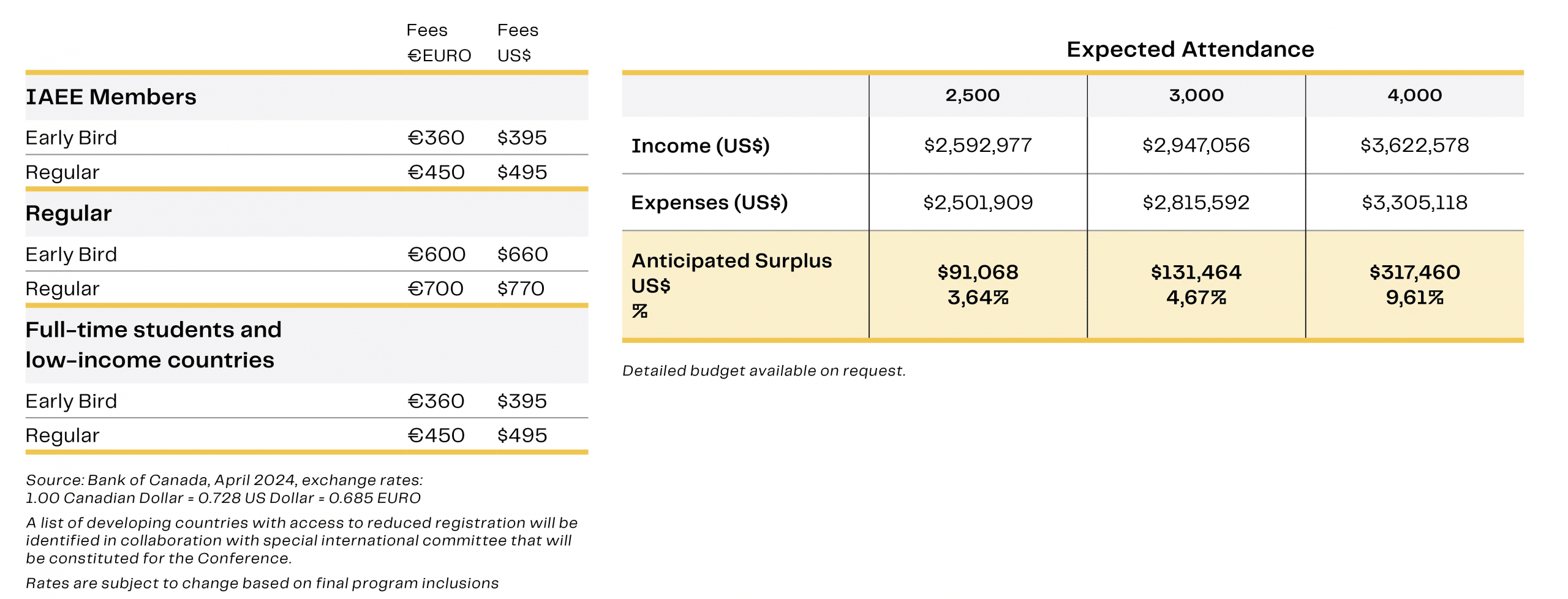
If our bid is successful, Montréal will experience an “earthquake awareness buzz” throughout the end of summer and fall of 2028. Various artistic, educational, and technical activities that will be organised to reach the public and increase the awareness of seismic risk and need for preparedness.
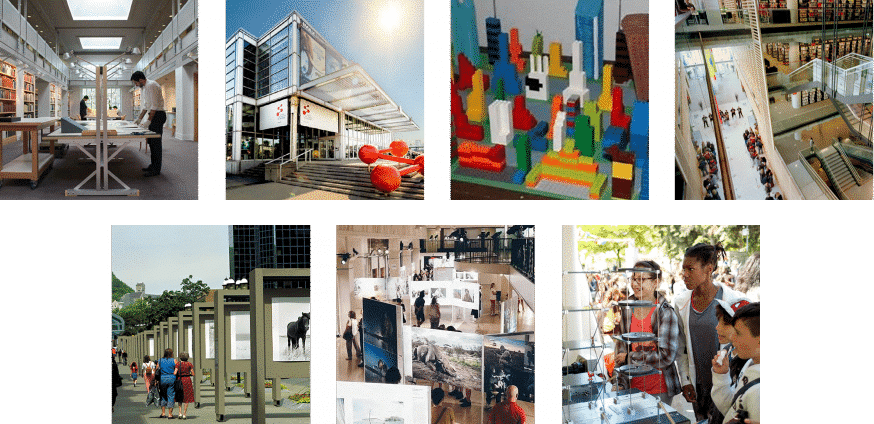
To date, Montréal’s proposal to host 19WCEE has generated a lot of interest and received the endorsement of many important Canadian-based stakeholders. A successful bid will allow us to reach out to more partners, both locally and globally.

Dr. Carlos Ventura
[email protected]
Dr. Marie-Josée Nollet
[email protected]a
Dr. Sanda Koboevic
[email protected]